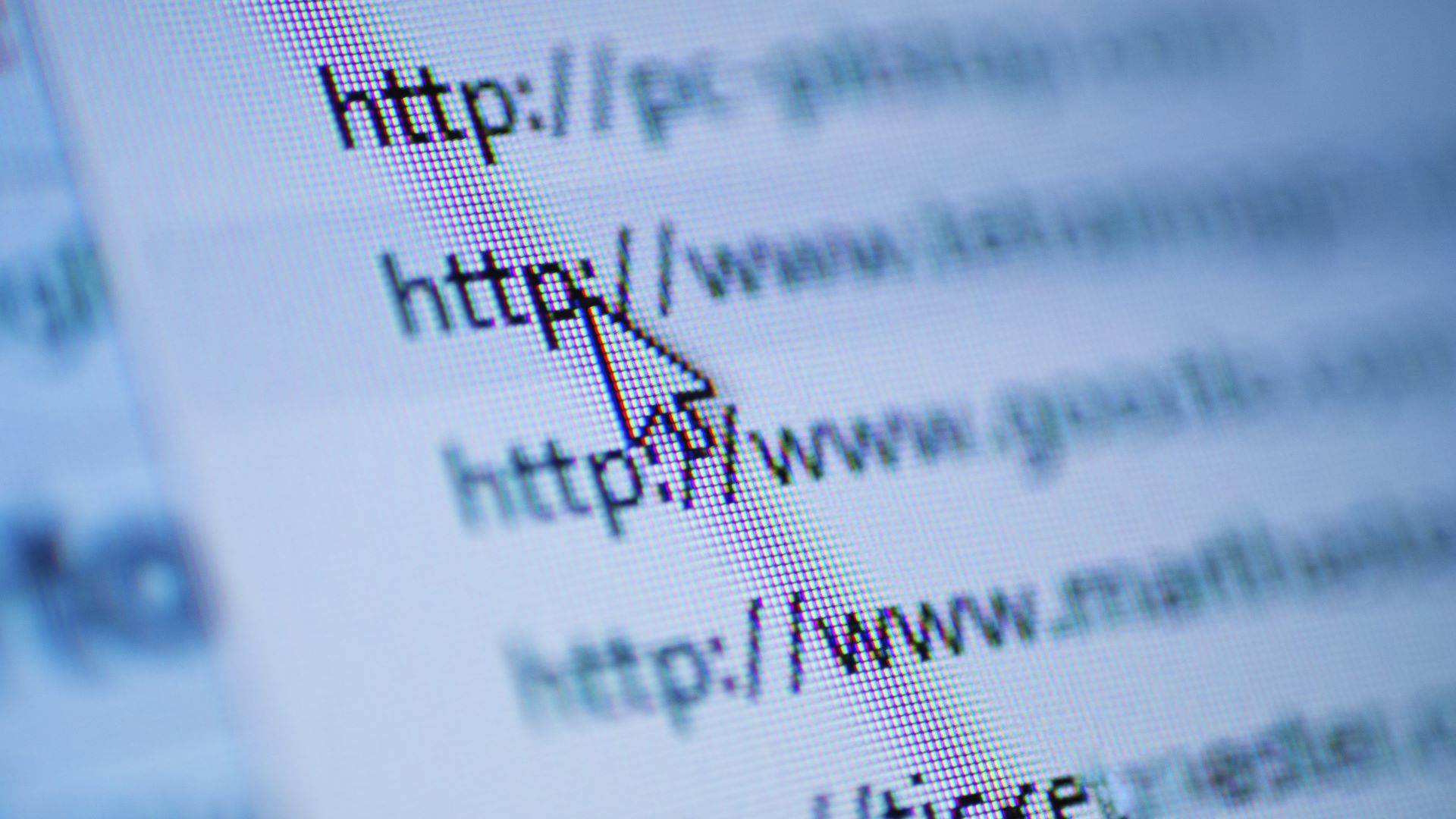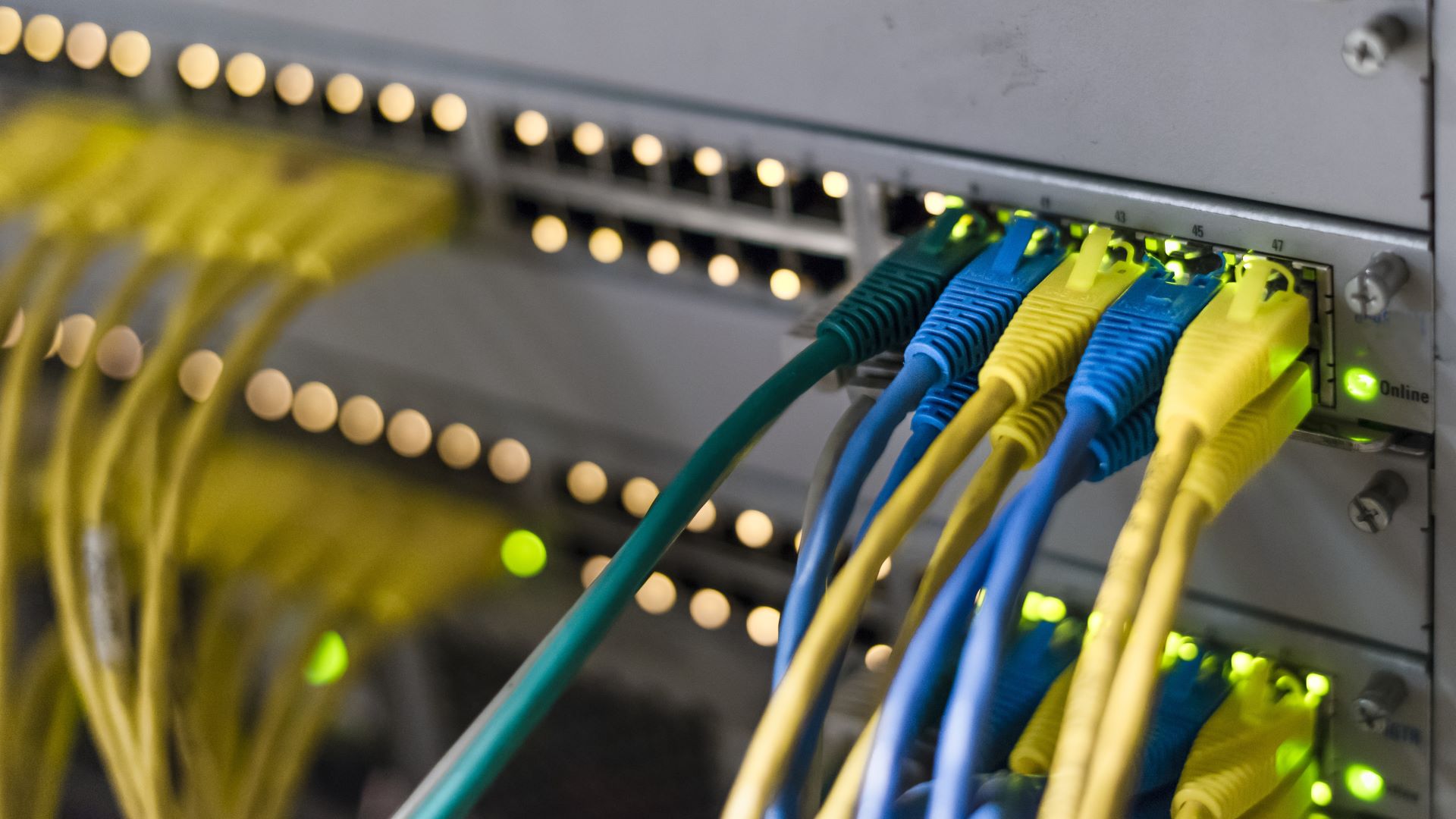What is a VPN blocker?
Plagued by pesky VPN blockers? Here's how to fix that!

A VPN blocker is a mechanism or tool that online services and websites use to detect and block traffic from even the best VPNs. These tools are especially common among streaming services that use them to enforce regional content licensing. Examples of websites that use VPN blockers to some extent include the BBC, Hulu, Amazon, and Netflix.
Additionally, anyone from your internet service provider (ISP) to government entities can block your VPN. Even schools that don't want people accessing certain websites on their servers can also use VPN blockers. In this article, we'll explore everything you need to know about these tools, and more importantly—how to get around them. Let's begin.
How do VPN blockers work?
The most common examples or organizations/entities who use VPN blockers include governments, streaming platforms, schools and workplaces, and gaming platforms. We'll go into why they do this in a bit, but first, let's see how these blockers work in more detail.
There are several methods a VPN blocker may use to detect and then block traffic coming through a VPN. A VPN blocker may use only one or more of these methods, and they typically include:
- Deep packet inspection (DPI). This method relies on a thorough examination of data packets for characteristics that indicate someone is using a VPN.
- Port blocking. This method involves shutting down ports used by VPN protocols for the purpose of blocking the associated traffic.
- IP blocking. The most straightforward and commonly used of the lot, this method includes maintaining a list of known VPN server IPs, and preventing access to content to anyone attempting to connect from these IP addresses.

Who uses VPN blockers?
Now that the how is out of the way, let's look into the why.
The government
Generally, it is not illegal to use a VPN in most countries worldwide. However, when it comes to countries such as Turkey, Russia, and China—which is to say, countries that are typically privacy-invasive—things are somewhat different and more nuanced. This also applies to countries that prefer to maintain strict internet censorship.
On the one hand, countries like the UK and US consider it is within their citizens' rights to use a VPN to access geo-restricted content and protect their privacy on the internet. On the other hand, other governments restrict or outright ban VPN usage for more or less the same reasons. For instance, they may not want their citizens to be able to access websites harboring harmful or offensive content (such as pornography), social media platforms, news channels, and the like.
Moreover, individuals and organizations can use VPNs to stay anonymous on the internet. Since these services route users' internet traffic through encrypted "tunnels" and hide their real IP addresses, they are, essentially, concealing these users' online communication and activities. Therefore, government authorities often ban VPNs to ensure surveillance and control, and even due to national security concerns.
For a quick answer on which VPNs are the cream of the crop when it comes to security, we'd go with ExpressVPN, NordVPN, or ProtonVPN. Alternatively, feel free to check out our most secure VPNs page.
Streaming platforms
Streaming platforms like Netflix, Hulu, Prime Video offer different libraries in different locations. The most common reason for this has to do with licensing agreements, as TV shows and movies are typically licensed by geographic region. As a result, streaming platforms may resort to using VPN blockers to adhere to these agreements by preventing users from accessing content outside of their region, even if they are using the best streaming VPNs.
In fairness, it's easy to understand why people would use a VPN to choose a different geographic region to log into Netflix, for instance. Doing so is ideal if you're looking to catch a movie or show that has not yet been released in your country. Throw improved performance, better video quality, and higher speeds into the mix, and it's a no brainer.
If you go into Netflix's terms of service, you'll notice the platform specifically refers to the use of VPN technology for content streaming. While the company doesn't adamantly prohibit using a VPN, it does state that it "will only show you TV shows and movies we have worldwide rights for…" should it detect that you're using a VPN.
If you're on the lookout for the best Netflix VPN service overall, we suggest checking out NordVPN. For the best cheap Netflix VPN, we'd go with Surfshark. When it comes to the best Netflix VPN for beginners, ExpressVPN is a sound option.
Schools and workplaces
For the most part, schools use VPN blockers for reasons such as controlling and preventing cyberbullying, as well as eliminating access to potentially harmful or inappropriate online content. In most cases, accessing such content is considered to have a negative impact on students' educational and emotional wellbeing.
Trying to bypass blocks put in place by your organization or school from a work or school computer is usually not considered illegal. After all, the online safety measures a school has in place serve to ensure students are distraction-free and safe online. That said, you may still find yourself in trouble for it, depending on how strict the authority is regarding those restrictions.
Gaming platforms
Numerous game stores outright prohibit the use of VPNs to prevent avid gamers from buying games out of regions by spoofing their location to another country. Failure to comply can often result in being banned, as these prohibitions typically reflect copyright deals that are in place for game assets like artwork or music.
Then, there's the age-old practice of using VPNs for cheating or circumventing bans for cheating, which is considered abuse and is another reason why gaming companies use VPN blockers. The pièce de résistance comes in the form of "creative" gamers running multiple accounts to gain an unfair advantage—particularly in multiplayer titles—which further justifies having such restrictions in place.
That said, if you're only trying to make the most of your gaming experience without any nefarious motives whatsoever, feel free to check out our list of best gaming VPNs.

How to get around VPN blockers
When looking to use your VPN service without any limitations, there are several ways to streamline the process. Below are the most straightforward and effective ones.
Switch servers
Since VPN providers usually offer a wide range of servers, trying a different server to the one you're facing issues with might be as easy as a few clicks or taps. The reason is that choosing a different server location gives you a different IP address. Streaming services like Huly and Netflix in particular block VPNs by using VPN detection to spot IP addresses used by a VPN provider and then block them.
In most cases, a single VPN provider offers multiple server options in the same country, making the process that much more hassle-free. If that doesn't work in helping you bypass the VPN block successfully, changing countries is always an alternative.
Use obfuscated servers
If simply changing a server doesn't work, you may want to try connecting to an obfuscated server (also known as stealth VPN). These servers operate through ports usually employed by essential services like websites and email providers, which makes them less likely to be blocked.
In other words, these specialized VPN servers reroute your traffic by hiding the fact that you're using a VPN in the first place. They do this by making your VPN traffic look like any old internet traffic, essentially "blinding" your provider from the fact that you have privacy protection.
Use a dedicated IP address
When you look at a typical shared VPN connection, you'll notice that many users are all connected to a server with the same IP address. However, a dedicated IP is fixed and unique to (used only by) you (here's how you can change your IP address).
Therefore, this is a fixed or static IP address that's only used by only one person and never changes. Conversely, a normal VPN IP address is often not only changed each time you connect, but is also used by other users of the same VPN.
How does a dedicated IP address help get around VPN blockers? For example, some websites (like Netflix) sometimes tend to block traffic if you're using a shared VPN. Since your IP never changes with a dedicated IP address, it can help fix this issue.
Another potential benefit is that, since your dedicated IP address will only be associated with your specific traffic, it is less likely to be recognized as part of a VPN provider.
Change ports
Numerous VPN services offer several protocols to ensure data protection and secure connections in the encrypted tunnel. Since not all VPN protocols (and ports) were created equal, some are more stable than others and may help you get around VPN blocks (depending on the particular website's detection tactics).
In addition to changing protocols, it's just as critical to consider the ports a given protocol utilizes to handle the tunneled traffic. For instance, most VPNs commonly use port 1194, but ports 80 and 443 aren't so exclusively related to VPNs. That makes them less likely to get blocked, which is why changing ports may help you get through a VPN blocker.
Use WireGuard
Like most VPN protocols, WireGuard is a collection of rules that determine how data is encrypted and moved within a VPN (check out our WireGuard deep dive). Using a VPN means having your internet traffic travel between your device and a VPN server along encrypted tunnels.
The VPN protocol used for this purpose determines, in no small part, the level of security provided by the encryption—and more importantly—the speed at which your data is encrypted and decrypted.
What makes WireGuard special? The answer is: the speed with which it connects the client to the server and transfers data. Whereas other widely-adopted protocols employ AES-256 for encryption and decryption, WireGuard uses ChaCha20-authenticated encryption, which works with shorter cryptographic keys than AES-256, making it much faster.
Additionally, WireGuard can operate on any port (including 443, which is used for HTTPS traffic). Thanks to its ability to run on common ports, it can blend in with regular internet traffic and avoid detection by VPN blockers targeting specific ports. Also, WireGuard's rapid handshake process for establishing connections means that it's less susceptible to being detected and blocked during the initial connection phase. Such a quick connection establishment can be an asset in environments with aggressive VPN blocking techniques.
Switch to mobile data
Another way you could try to go around VPN blockers is by simply switching to mobile data. Using your mobile company's cellular data network may work if the Wi-Fi network you're on happens to be set up to block VPNs.
To do so, try activating your smartphone as a hotspot and then connecting your computer to your device instead of the Wi-Fi, or turning off the Wi-Fi on your smartphone. Simple as that!
We test and review VPN services in the context of legal recreational uses. For example: 1. Accessing a service from another country (subject to the terms and conditions of that service). 2. Protecting your online security and strengthening your online privacy when abroad. We do not support or condone the illegal or malicious use of VPN services. Consuming pirated content that is paid-for is neither endorsed nor approved by Future Publishing.
Get instant access to breaking news, the hottest reviews, great deals and helpful tips.
- Olivia PowellTech Software Commissioning Editor
 Club Benefits
Club Benefits





